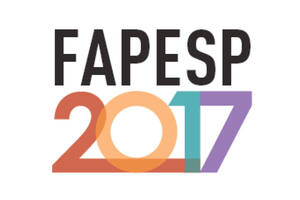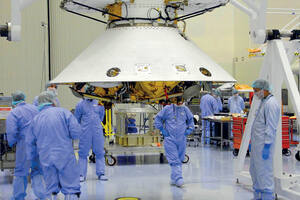Notes
History
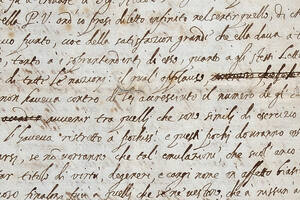
405-year-old letter suggests Galileo toned down his beliefs
A letter found at the Royal Society in London suggests that Galileo Galilei softened his stance against the ecclesiastical doctrine that the Sun orbited Earth to avoid arrest by the Roman Inquisition
By Redação
Physics
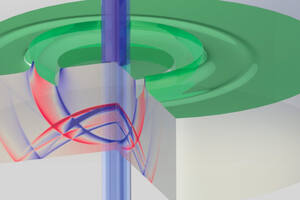
Vibrations created by light in mirrors
An international group of researchers accurately isolated and measured the vibrations generated when a beam of light touches the surface of a mirror and is reflected back
By Redação
Environment
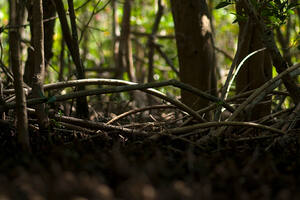
Mangroves store more carbon than the rainforest
In the Amazon, every hectare of mangrove contains twice as much carbon as the same area of inland forest
By Redação
Archaeology
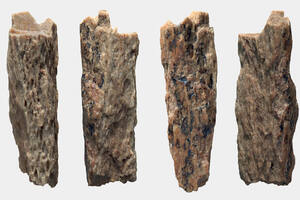
Neanderthal mother, Denisovan father
A 13-year-old girl who lived 90,000 years ago in what is now southwestern Siberia is the first described case of a direct descendant of two distinct archaic human groups
By Redação
Geology
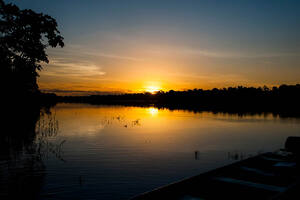
Continuous expansion of the Amazon River
The Amazon River is still expanding as it captures water from the Orinoco River, which flows through Colombia and Venezuela
By Redação
Arts

The evolution of painting according to physics
A computer algorithm has provided a numerical quantification of the changing visual characteristics in paintings over the last thousand years
By Redação
UV radiation

When visiting the Atacama Desert, use sunscreen
Ultraviolet radiation in the Atacama Desert is higher than anywhere else on Earth
By Redação
Genetics

The quest for a universal flu vaccine
Sections of DNA are equal across all strains of the virus, making them good candidates for a potential vaccine against all varieties of influenza
By Redação
Economy

US investment in research grows in 2017
In 2017, the United States government invested US$118.3 billion in research and development
By Redação
Archaeology

The oldest library in Germany
Construction works on a church community center have revealed the ruins of a Roman library in the city of Cologne, Germany
By Redação
the Meghalayan age
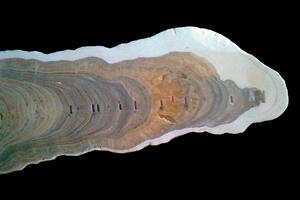
A new chapter in Earth’s history
The proposal approved by the IUGS divides the Holocene into three ages: the Greenlandian, Northgrippian, and Meghalayan
By Redação
Biodiversity

The Geoffroy’s cat and its behavior
Biologists monitored a population of Geoffroy's cats (Leopardus geoffroyi) in the Caverá mountains
By Redação
Health

Alcohol consumption and health risks
Alcohol consumption is the leading cause of health problems in people aged 15–49
By Redação
Neuroscience
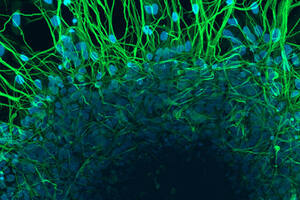
Pain neurons grown in a laboratory
Brazilian researchers have developed human sensory neurons in a laboratory for the first time
By Redação
FAPESP

Ronaldo Pilli named new FAPESP board member
Ronaldo Aloise Pilli has been appointed to the FAPESP Board of Trustees by the governor of São Paulo
By Redação
Sociology

Immigrants stimulate the economy in European countries
A study assessing immigration to Europe between 1985 and 2015 has concluded that immigrants have a positive effect on the continent's economy
By Redação
Medicine
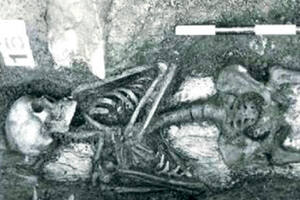
Salmonella in medieval Europe
Researchers found DNA evidence of Salmonella enterica Paratyphi C in the teeth and bones of an 800-year-old skeleton from the city of Trondheim, Norway
By Redação
History

The slave trade in the United Kingdom
Researchers at the University of Glasgow in Scotland have identified more than 800 articles about fugitive slaves published in British newspapers
By Redação
Astronomy
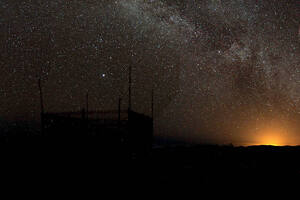
New frontiers of the Milky Way
The disc of the Milky Way may be twice as large as previously estimated, at up to 200,000 light-years in diameter
By Redação
Paleontology
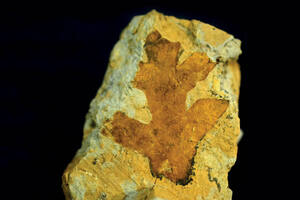
Evidence of the union of two supercontinents
Calcareous rocks in the northeastern state of Maranhão contain fossil records of the oldest plant groups in Brazil
By Redação
Genetics

The limitations of a genome editing technique
The CRISPR-Cas9 gene-editing technique is less accurate than previously thought
By Redação
Innovation

A high-tech dressing for chronic wounds
A prototype smart dressing that monitors the wound and releases precise doses of antibiotics when needed, facilitating the regeneration of damaged tissue.
By Redação
Epidemiology

West Nile virus isolated in Brazil
The West Nile fever virus was isolated in Brazil for the first time by researchers at the Evandro Chagas Institute
By Redação
Environment
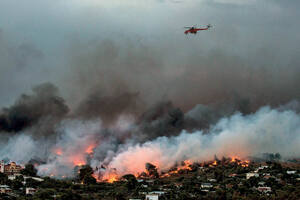
Northern Hemisphere suffers from heatwave
Climate change is believed to have contributed to the recent heatwaves in Europe
By Redação
Biodiversity

The mysterious death of the baobabs
Between 2005 and 2017, researchers conducted an extensive survey of the largest known baobab species
By Redação
Education

Missed education targets
70% of the goals set out by the National Education Plan for 2014–2017 were not achieved
By Redação
Geology

Try not to complain that the days are too short
Some 1.4 billion years ago, Earth rotated faster and the days were only 18 hours and 40 minutes long
By Redação
Nutrition

Rice loses nutrients as CO2 increases
Rice could become less nutritious over the coming decades if the amount of carbon dioxide in the atmosphere continues to rise
By Redação
